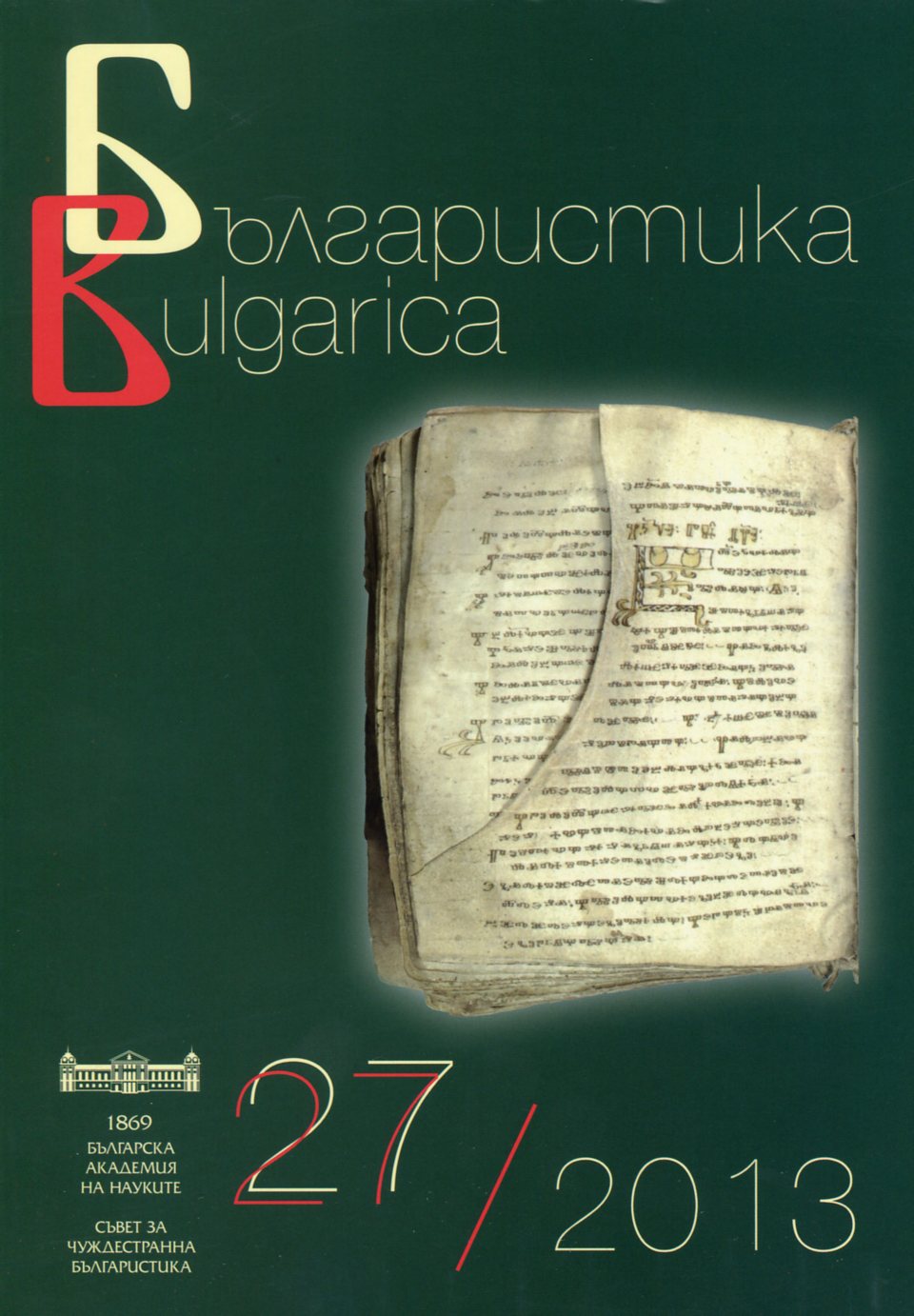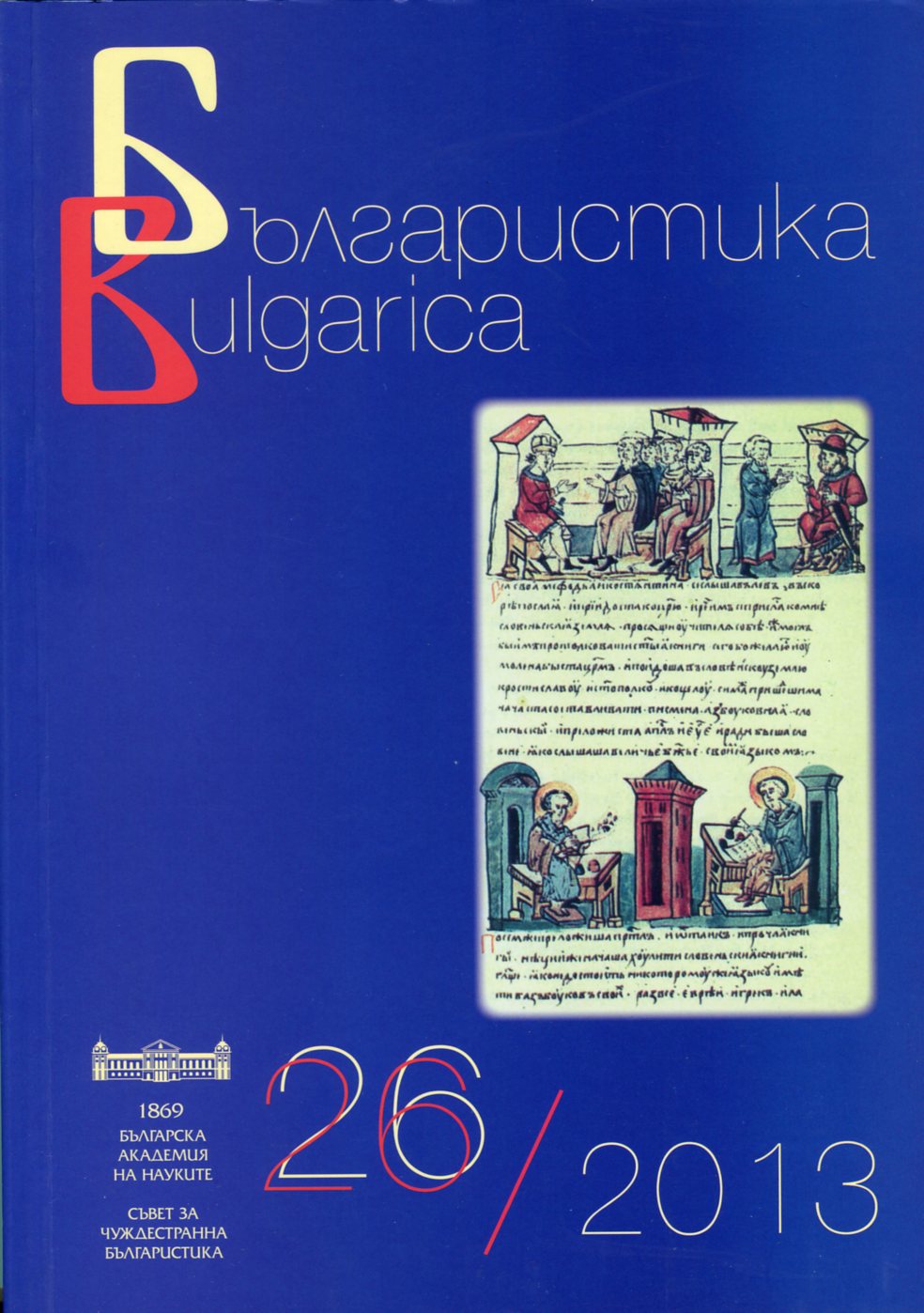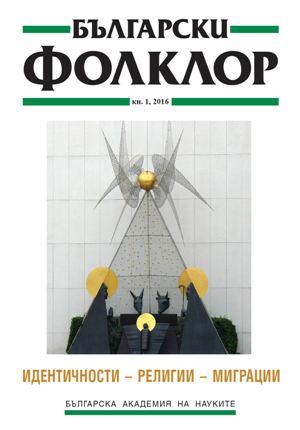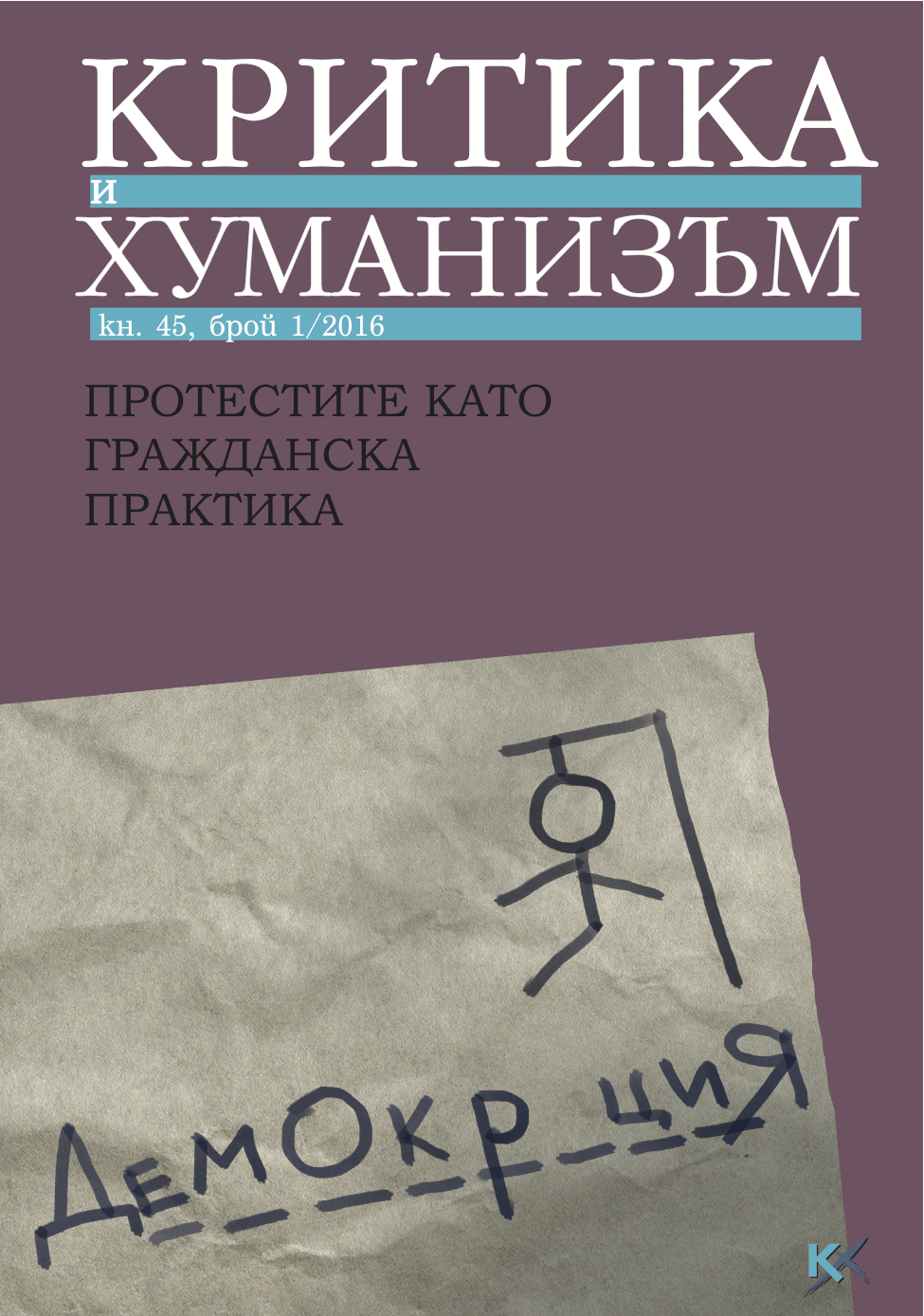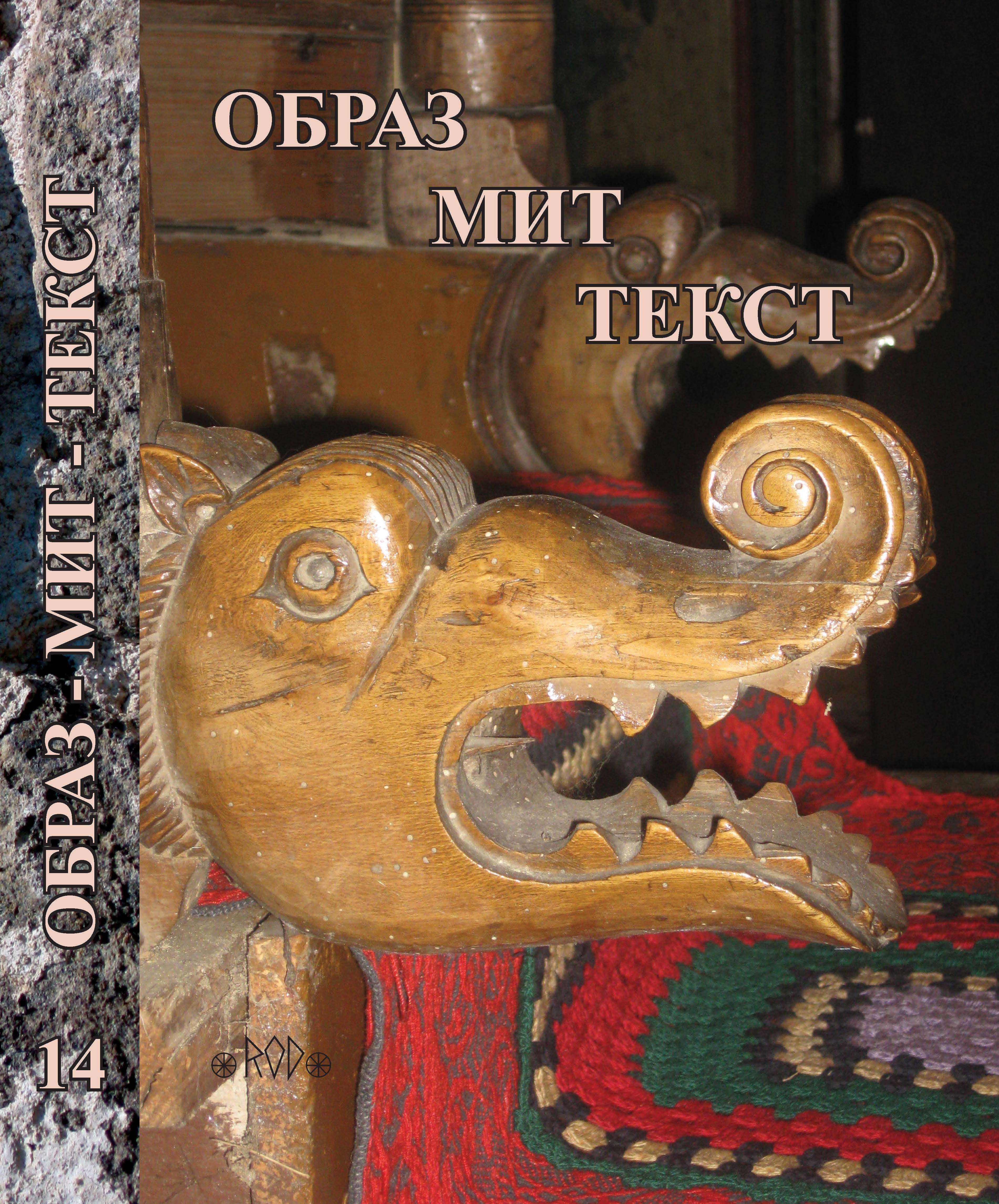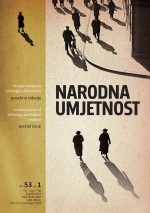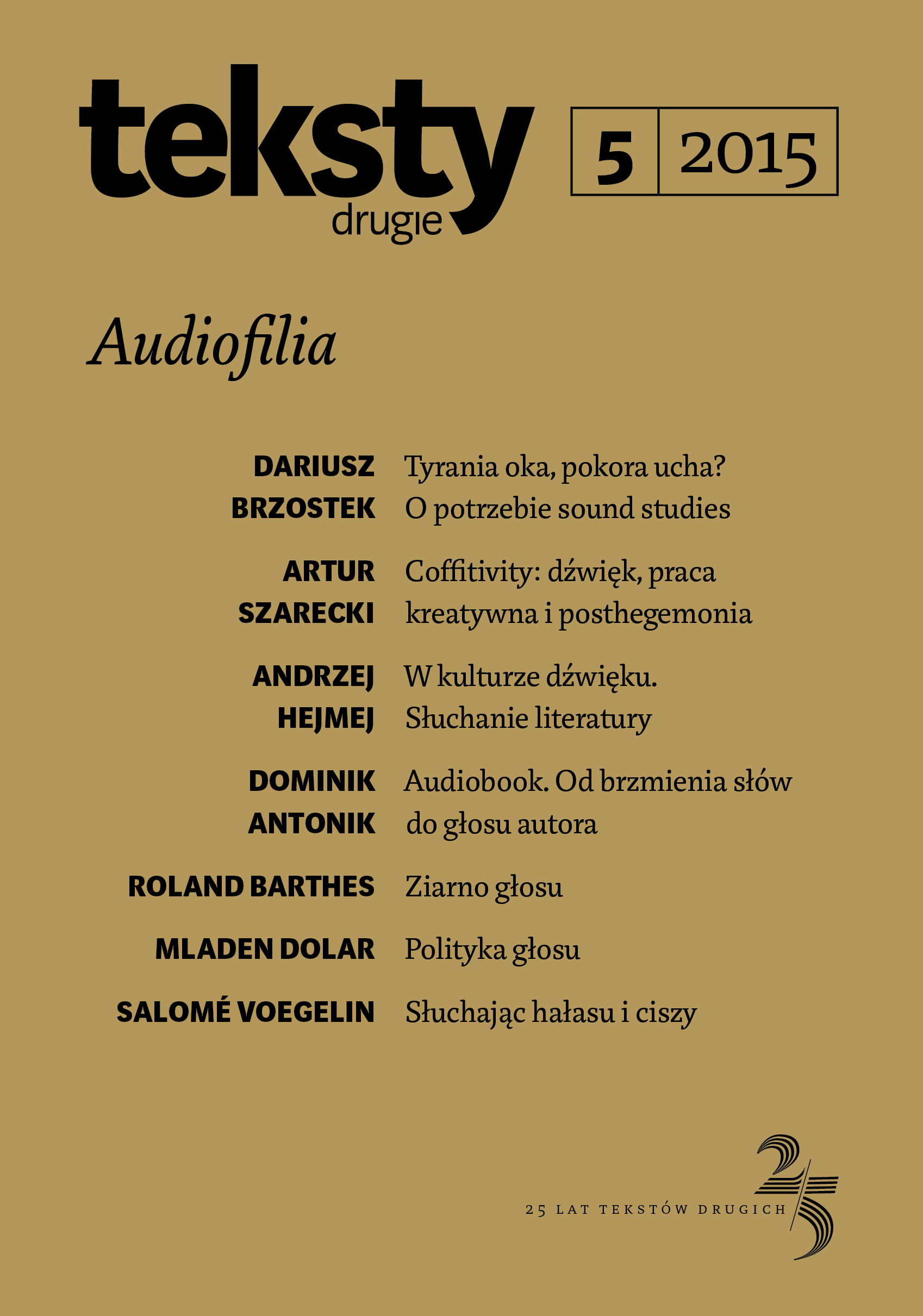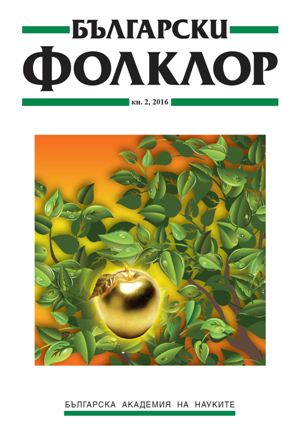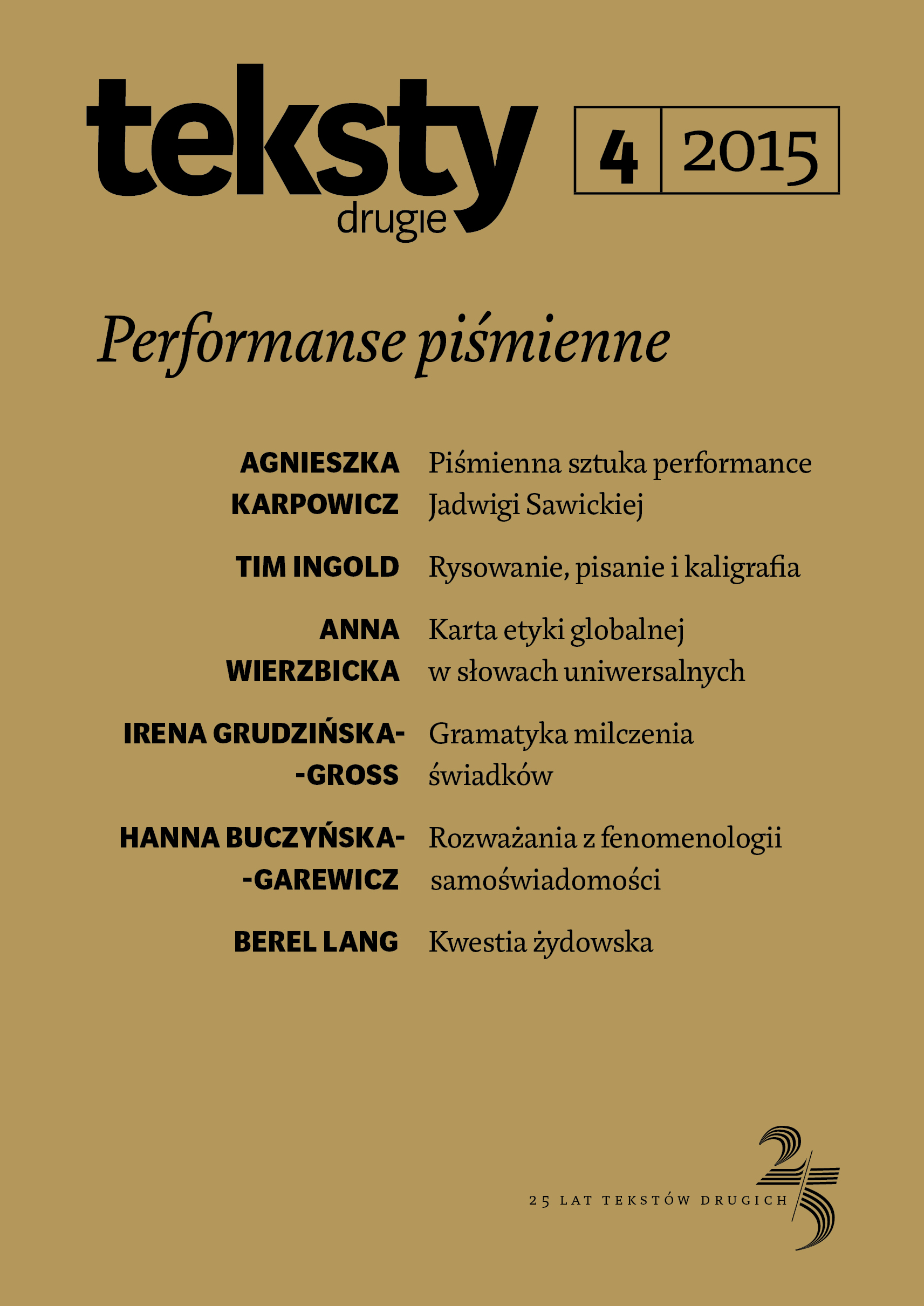
Rysowanie słów. Praktyki pisania wśród Indian E’ñepá (Amazonia wenezuelska)
Buliński’s anthropological interpretation of literacy practices among the E’ñepá in Venezuelan Amazonia consists of four parts. First, he describes the ethnography of literacy practices among this regional ethnic group; second, he summarizes scholarly approaches dealing with writing among the indigenous people of Amazonia; third, he discusses autochtonous terminology used to describe writing, and fourth, he presents the image of writing as a practice that serves to communicate with other kinds of being.
More...
